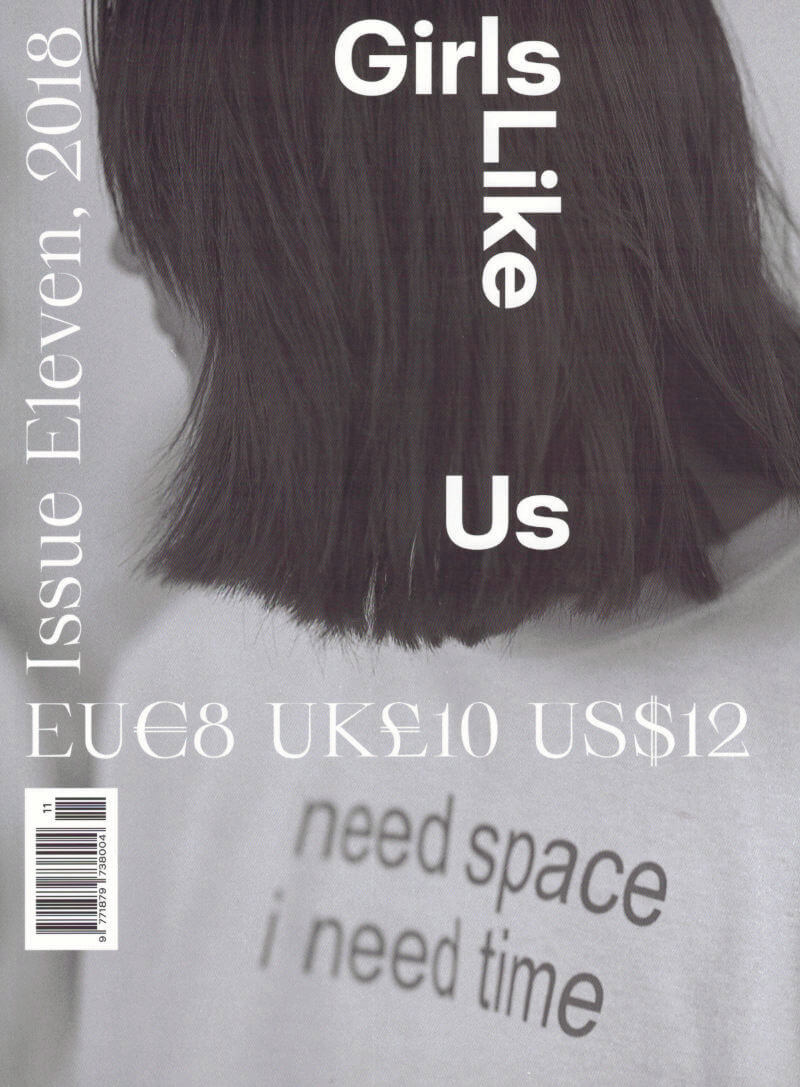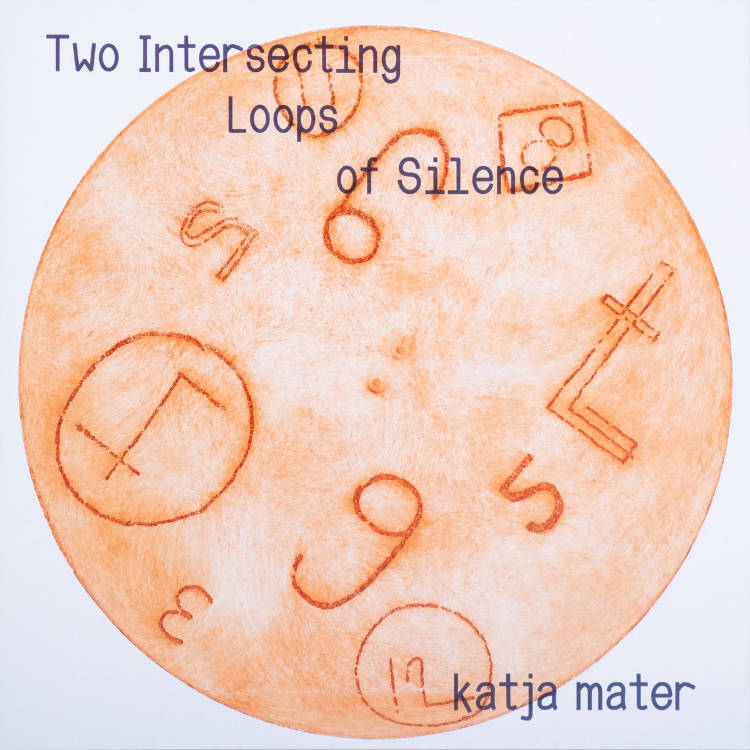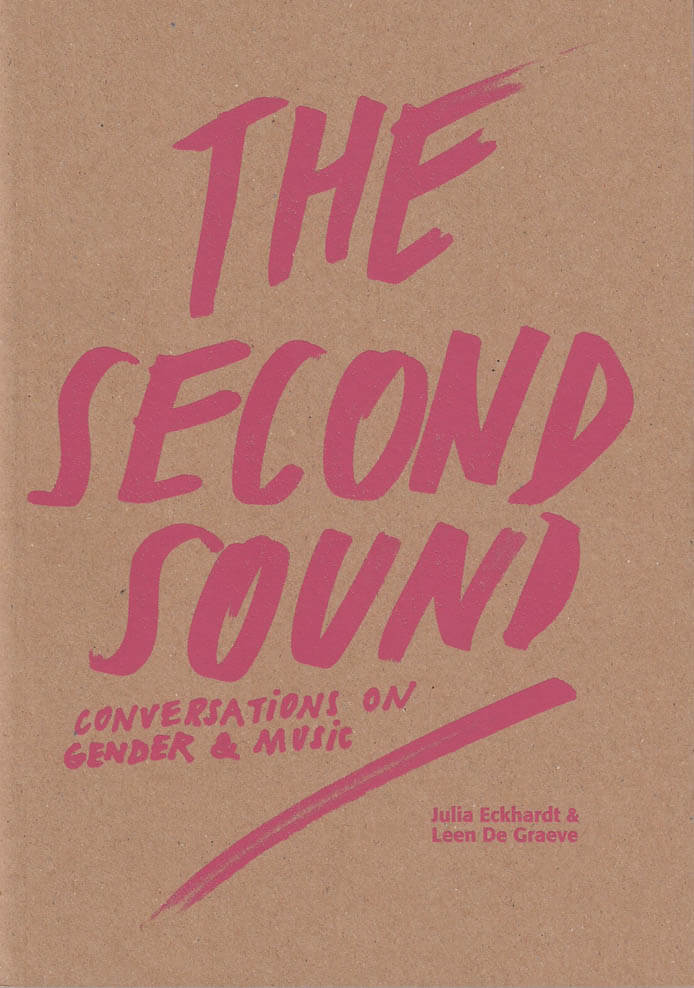
Girls Like Us #11 - Economy
Jessica Geysel ed., Sara Kaaman ed., Katja Mater ed., Marnie Slater ed.
Framed as inescapable, indescribable, uncontrollable and essential, economies are everywhere. Oppressive and enabling, lucrative and undervalued, there are economies that trade our emotional labour, desires, love, fertility, time, minds, queerness, politics and clicks. There are economies that we can control and that control us, and those that we can subvert to serve our collectives. A mark, a yen, a buck or a pound, in a conversation with a cat, an app-enabled journey through a rainy Shanghai night, in the margins between intimacy and power, in the kitchen, with your record collection, under the tip of the iceberg, at the foot of a tower she built, dancing at the lesbian bar.
Language: English







